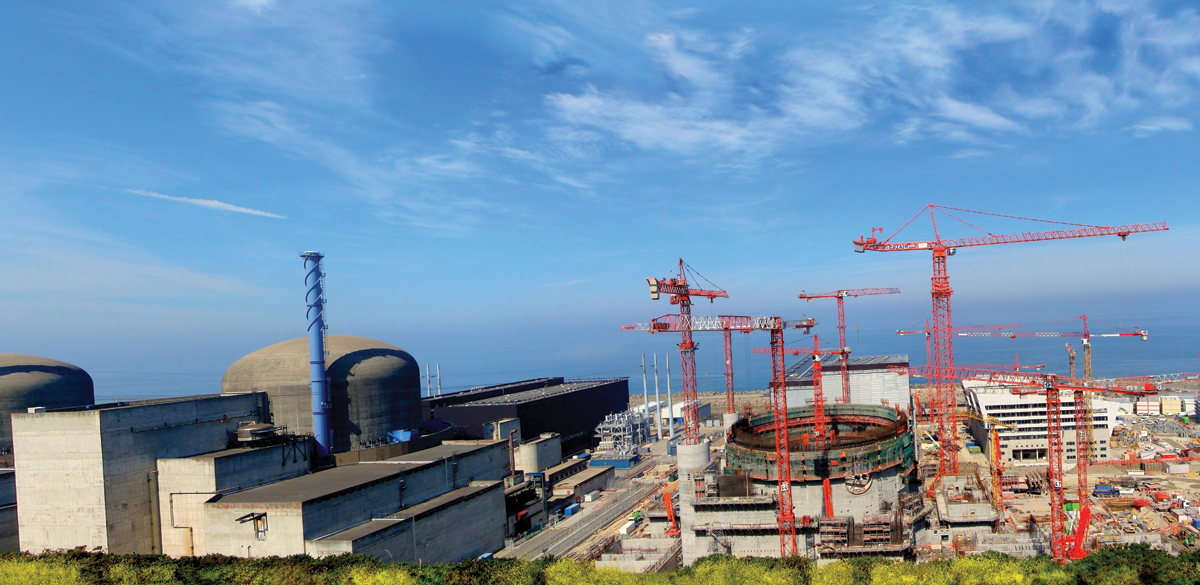
Dave Carr
The government’s new ‘British Energy Security Strategy’ does nothing to address the 15 million UK households now in fuel poverty. And, with its heavy promotion of expensive nuclear power, nor will it do so in the future.
In fact, the Tories’ ‘new’ strategy is simply a recycling of previous pledges (and no new money) about meeting their COP26 climate change commitments by reducing the economy’s dependence on fossil fuels to generate electricity.
Firstly, this pledge is nonsense. Hypocritically, the Johnson government continues to subsidise ‘big oil and gas’. Indeed, it’s expected that ministers will soon auction new licences to exploit gas and oil reserves around Britain’s coastline.
Incidentally, the government’s strategy plays on fears of disrupted energy supplies, citing Russia’s invasion of Ukraine. However, less than 4% of gas imports into the UK come from Russia. Over 80% of gas imports are from British and Norwegian North Sea fields.
What would be a quick way to phase out dependency on fossil fuels for heating and power, and to massively reduce household energy bills, would be a major investment programme in wind farms, solar power installations and home insulation.
But Johnson has reportedly capitulated to 140 Tory MPs who obstinately oppose onshore wind farms because such turbines spoil the shire views.
Yet, according to the Guardian, around 80% of the public support such farms. If linked to a cheapening of energy bills, local referendums in areas where such farms – which only take one year to construct – would be situated, would be expected to support such developments. But the Tories could use planning regulations to block them, for up for ten years.
And speaking of ten years, it takes a decade to plan and design a new nuclear reactor, then at least another ten years to build, and then its operational lifespan is a mere ten years. Yet the Tory government has promoted a potential eight new nuclear reactors as centre-stage of its energy strategy.
But that’s assuming that these reactors work! The majority French state-owned EDF company, which operates the UK’s current six nuclear reactor sites (whose over-extended operational life will end by 2030), is the major player building the new Hinkley Point C pressurised water reactor in Somerset, and also the newly approved Sizewell C reactor in Suffolk.
Hinkley C and Sizewell C’s design are based on EDF’s Flamanville 3 nuclear reactor in northern France, which began construction in 2007. However, it has been dogged by safety concerns and construction delays. In 2020 it was five times over budget, and the ‘ten-year project’ isn’t expected to actually start generating electricity until 2024.
Nuclear expense
Hinkley C is also over budget and severely behind schedule. When the then Tory Chancellor George Osborne signed the Hinkley deal with EDF in 2012 it was costed at £12 billion. The latest estimates suggest its cost to the public is now over £23 billion and that it won’t become operational until June 2026 at the earliest.
Aside from the public finances bearing the insurance costs and the enormous decommissioning costs of nuclear reactors (and where to store the dangerous radioactive waste), at a guaranteed price of £102 per Megawatt Hour (Mwh), linked to inflation, the cost of electricity from nuclear is more than double that of onshore wind power at £46 per Mwh or solar installations at £44 per Mwh.
But even though the cost of electricity generated by renewables continues to fall (by 40% over the last decade) this isn’t reflected in household bills because, under profit-driven speculative capitalism, the wholesale energy market price is set at the highest-priced generator of electricity.
And therein is the heart of the problem. Capitalism is not rational from the point of view of what’s best for the needs of people and the environment. Under capitalism, the production of goods and services can only be profitable through the exploitation of labour and resources.
The bottom line for big business is ensuring its major shareholders are paid a generous dividend. And if that means the other 99% of society has to decide between eating or heating, that’s not the capitalists’ main concern.
To remove this problem and secure clean, cheap energy means removing capitalism and, through the socialist nationalisation of big energy producers and suppliers under democratic workers’ control and management, planning a sustainable economy.






